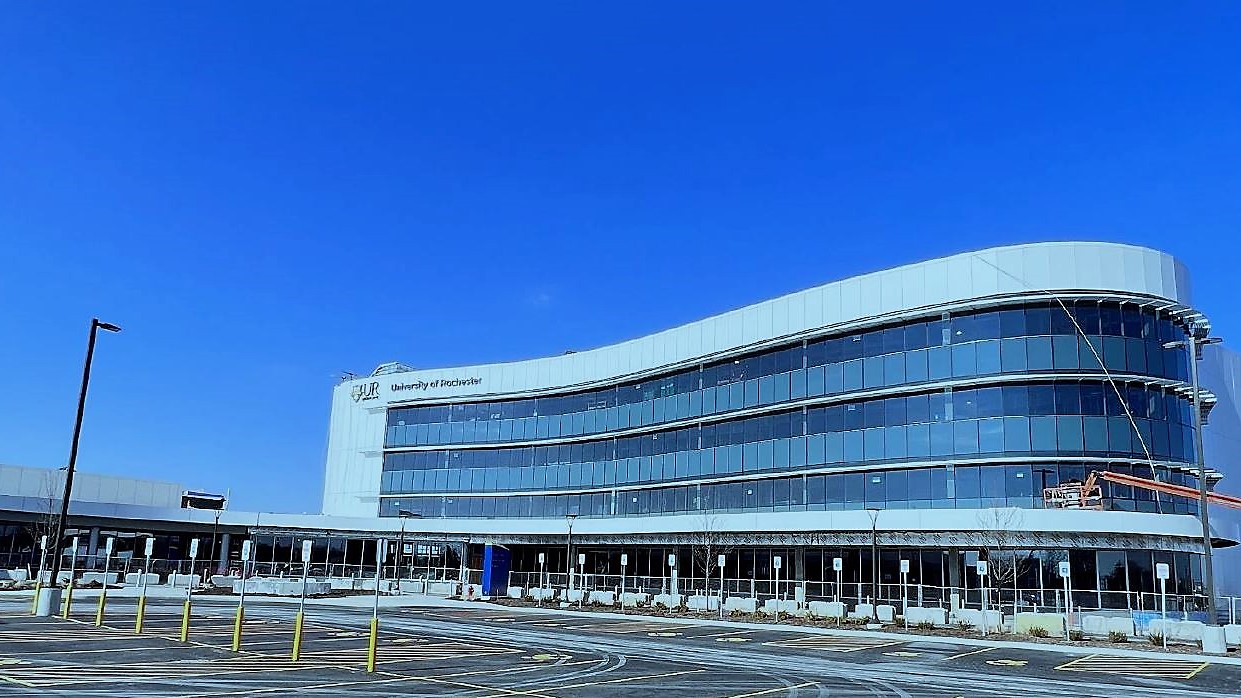What exactly is commissioning? Learn about building commissioning projects done around campus and the impact they have on the University’s effort for a greener campus.
What exactly is commissioning?
Commissioning (Cx), according to BetterBuildings, is a “systematic approach for verifying that building systems are performing according to their original design and meeting the needs of building owners and occupants.” If a building is designed to save energy by using energy saving measures, such as energy efficient windows, it’s the commissioner’s duty to test the building and see if it is doing its job.
Rachel Stuckey, the assistant director of engineering, commissioning, and sustainability with River Campus Facilities—who has been working for the University of Rochester for nearly two years—states that by applying Cx to campus buildings, Facilities not only ensures each building is designed for high quality and efficiency, but also verifies that each building is actually installed and performing as designed before it is utilized. Cx also makes sure that if a new building has problems, they are addressed before it is open to the public. Not correctly addressing issues can lead to worse-performance buildings which are more difficult to fix later on. For instance, the new Orthopaedic & Physical Performance Center at Marketplace Mall was designed to maximize energy efficiency through the usage of a robust control system including occupancy sensors. These sensors are tested by Cx to automatically change settings if no one is occupying the space. This can range from turning off lights when the room is vacant (seen in buildings on campus like third floor Douglass), to reducing airflow when parts of the building are unoccupied. Another example involves verifying that the windows are correctly installed by testing a few installations in place (with air pressure and water spray) to see if they leak. As Stuckey says, “we [commissioners] make sure that buildings are tuned up and working in order to save energy.”
What does this say about the future of the University?
With commissioning, our buildings are more energy efficient and reduce the amount of energy the University’s power plant needs to produce. Furthermore, commissioning does not only apply to new buildings. Retro-commissioning, when applied to existing buildings, typically produces significant (and cost effective) energy savings, as well as improved comfort and reliability.
With the new projects currently being commissioned as well as future ventures, commissioning could be a significant component in the future for sustainability at the University. Forgetting to turn off the lights at your dorm/office would not be a problem as the building would do it by itself – and change your temperature & airflow settings; and older buildings like the dorms could be given a new life and increase quality of life while reducing energy.
Where to find commissioning in action
Various buildings have been commissioned in the past. Barnett, Kennedy, and Paradigm Labs in Hutchinson Hall were recently commissioned to verify safe and energy efficient performance. Current projects include the Orthopaedic & Physical Performance Center mentioned in the article, as well as the expansion to the Laboratory for Laser Energetics, and numerous others.
Written by Lugardo Marroquin ‘24
Pictured above: The newly constructed Orthopaedic & Physical Performance Center


This article sheds light on the crucial role of commissioning in making our campus more sustainable. By ensuring that building systems are performing as designed, commissioning not only saves energy but also enhances the quality and efficiency of our campus buildings. It’s heartening to see the University’s commitment to retrofitting existing buildings through retro-commissioning, which not only leads to energy savings but also improved comfort and reliability. The focus on future sustainability and the automation of energy-saving measures in buildings is a promising step forward. Commissioning is clearly making a positive impact on our campus’s environmental footprint.